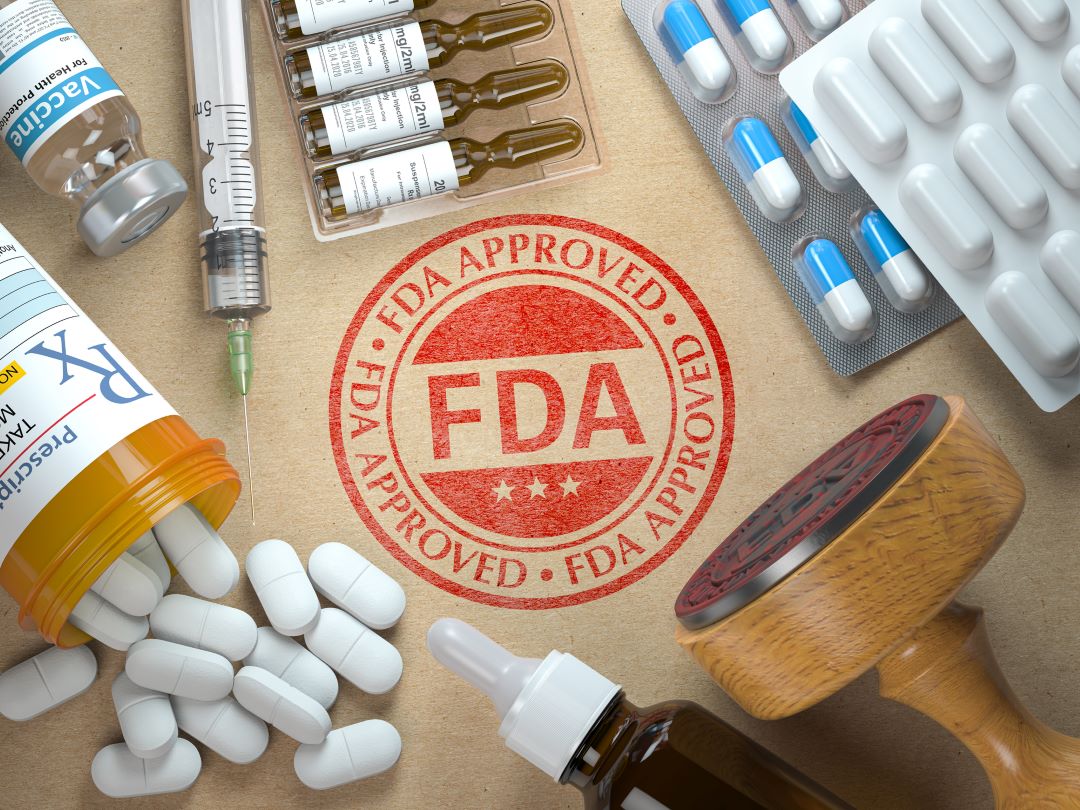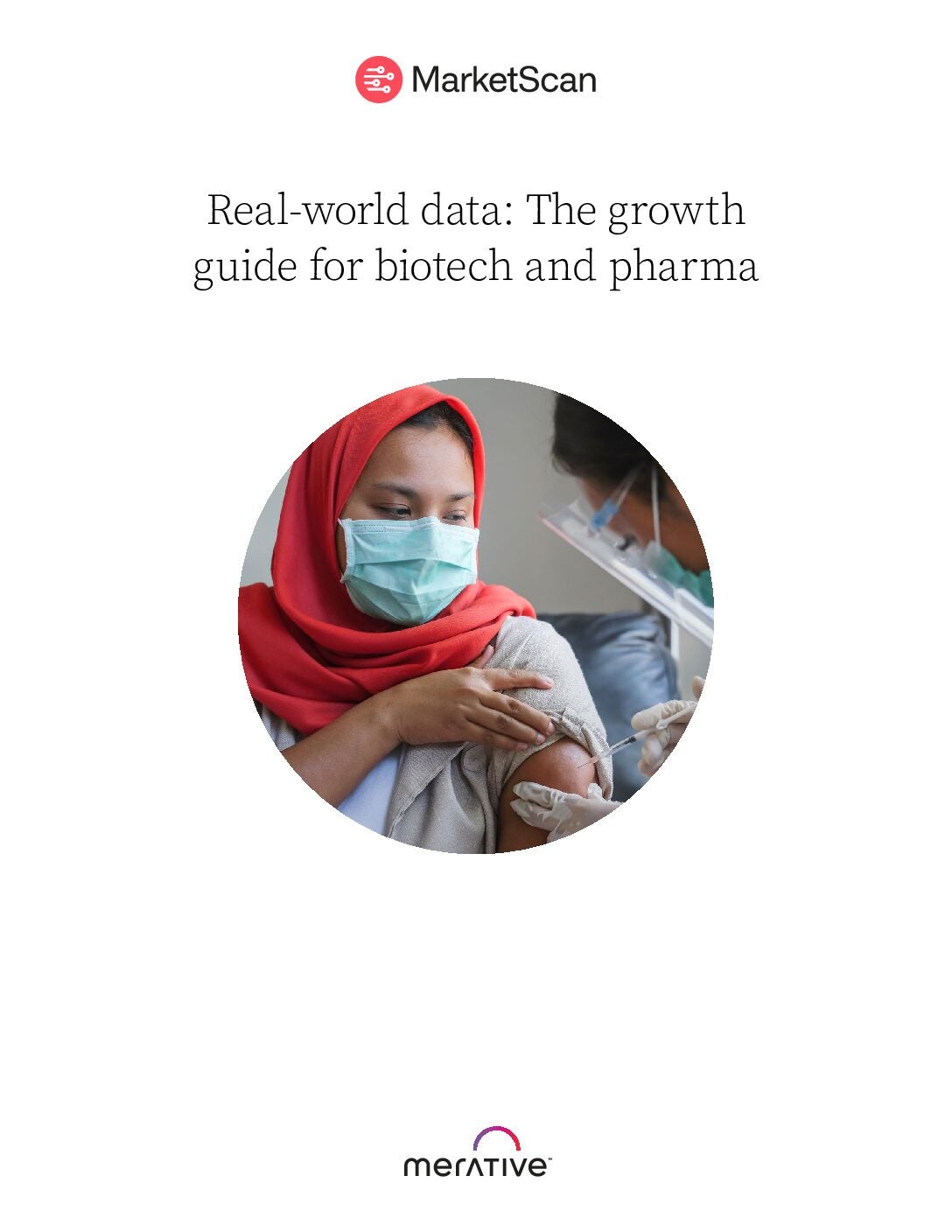
The US Food and Drug Administration (FDA) has released a final draft guidance detailing how pharmaceutical companies should use real-world evidence to support the regulatory review process for new therapies.
The FDA defines real-world data as “data relating to patient health status and/or the delivery of healthcare routinely collected from a variety of sources” and real-world evidence as “the clinical evidence about the usage and potential benefits or risks of a medical product derived from analysis of real-world data”.

US Tariffs are shifting - will you react or anticipate?
Don’t let policy changes catch you off guard. Stay proactive with real-time data and expert analysis.
By GlobalDataThe new draft guidance is designed as per stipulations in the 21st Century Cures Act (Cures Act). Enacted in 2016, the legislation is meant to boost medical product development and give patients quicker access to health innovations. Under Section 505 of the Cures Act, the FDA was mandated to create a framework on how real-world evidence and data could be used in the drug evaluation process.
Since the Act’s conception, the FDA has increasingly accepted the use of real-world evidence and data for the approvals of different drugs. In addition, real-world data has become a more popular way for sponsors to conduct Phase IV studies, above other phases, according to GlobalData.
GlobalData is the parent company of Pharmaceutical Technology.
The FDA stated that it would be open to receiving evidence from “non-interventional studies, including registries, electronic health records (EHRs), and medical claims”, without the need for an investigational new drug (IND) application.
However, the guidance highlighted that drug manufacturers using non-interventional studies to support a marketing application should engage with the agency early in the drug development process. This would be through an appropriate regulatory pathway such as arranging a type C meeting through an IND.
In the document, the agency also acknowledged the benefits of the potential use of real-world data to support the safety and/or effectiveness of a drug. However, they asserted that if this data is obtained in non-interventional studies, it is important for sponsors to take responsibility for maintaining study records and allow FDA access to the records amongst other things.
The guidance also recommended that sponsors come to an agreement with any external sources of real-world data to ensure that relevant patient-level data can be provided to the FDA. If this is not possible for a justifiable reason, the FDA would allow third parties to submit the data through a separate regulatory pathway.
The recommendations made in the guidance are non-binding but represent the agency’s current thinking on the topic.






